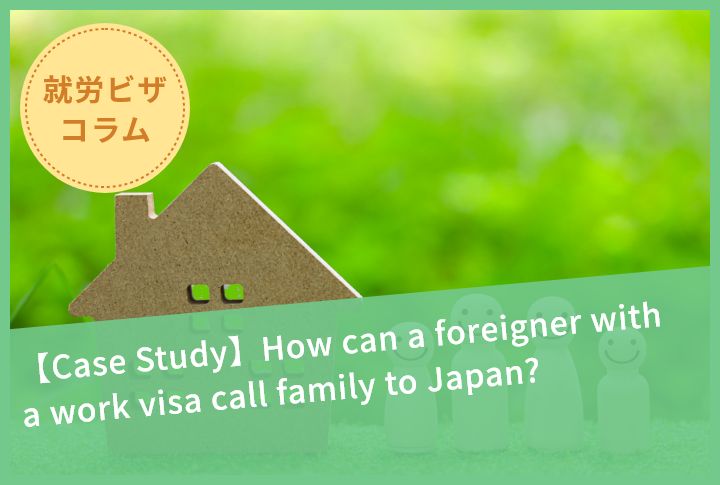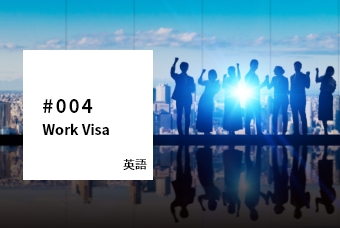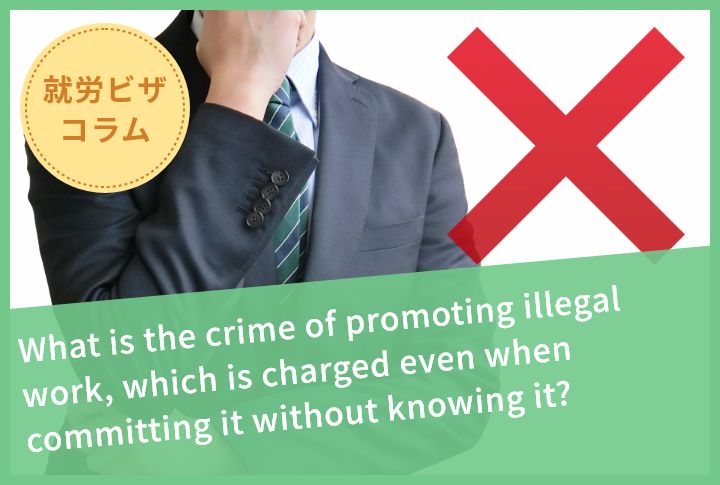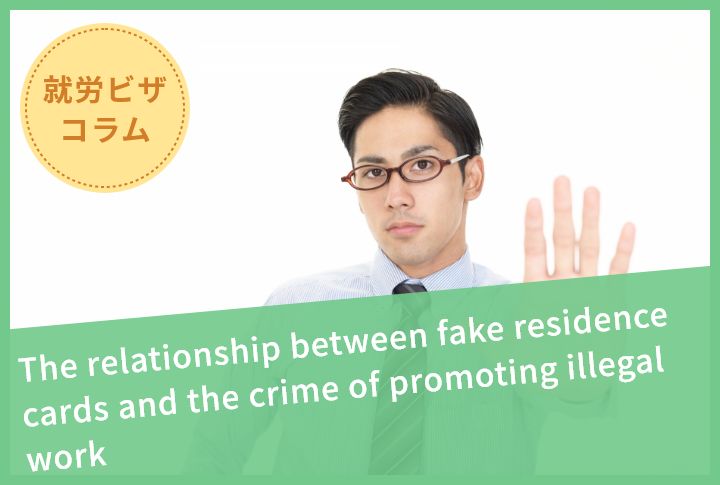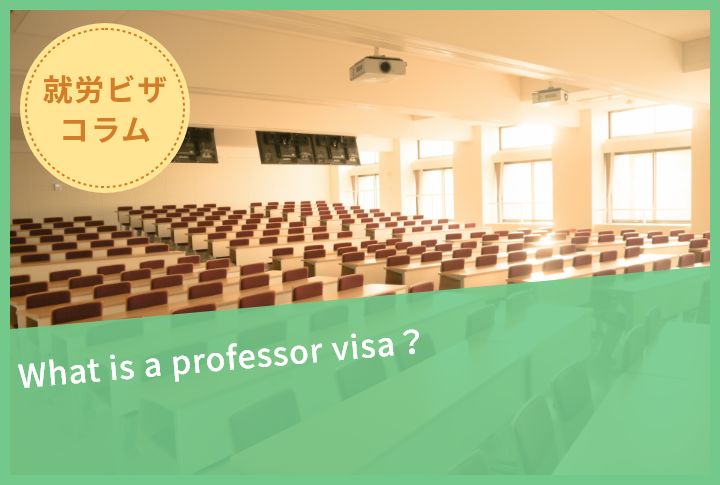【Case Study】Employment of Japanese university graduates (N1 designated activities visa to utilize Japanese language skills)
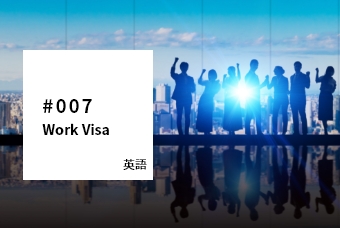
Mr. A, a Taiwanese, is in his senior year at a university (majoring in faculty of commerce) in Tokyo. While he works part-time at a famous restaurant, he started to consider working at the same restaurant after graduation. He was told by the restaurant that they wanted to promote him to a full-time employee after graduation to entrust him the accounting work of the restaurant in addition to serving customers. The majority of their customers are Japanese. Mr. A’s Taiwanese friend who had studied in Japan before told him that foreign students can serve customers at restaurants only as a part-time job and only during the period of stay as students. Mr. A came to us for our free consultation to find out if he could work at the restaurant after graduation.
While studying in Japan, many international students have probably been asked by the company where they work part time whether they want to become a full-time employee. For the hiring side, it is expected that such students will not easily quit as they are already familiar with the internal situation of the company, and it is assuring to have someone whose skills and personalities are already known by the company. For many years, labor shortages have become chronic in some of the service industries such as the food and beverage industry. To secure employees who work continuously and stably has become a major issue as well.
In May 2019, a new public notice on designated activities was established to encourage international students to find a job at Japanese companies. As a result, for those who meet the requirements, the employment opportunities in the service industry have expanded. Now let’s see what kind of conditions must be met.
Index
1. What is a N1 designated activities visa to utilize Japanese language ability?
Until recently, there have been many voices mainly in the food and beverage industry that wish to employ international students working part time, as a fulltime worker, or that wish such students will continue to work after graduation. For university graduates, the status of residence of “Engineer/Specialist in Humanities/International Services” has been permitted for the services in which both interpreting/translating and sales are conducted (duty-free stores, etc.). Nevertheless, such status of residence is difficult to obtain if the percentage of translation service is small, as business relevancy is often denied in such case. As a result, the employment rate of international students in Japan has remained at around 30%.
However, international students who have properly completed university (4-year university) or graduate school courses have been expected to play an active role in a wide range of fields because they have high Japanese proficiency in addition to special and technical knowledge. Nevertheless, it had been difficult for them to obtain a work visa because the work they tried to engage in did not fall under any status of residence. In the new public notice of designated activities in 2019, with the aim of expanding the employment opportunities for international students, Japan announced the permission for employment in the new fields that was not allowed before.
2. There are visas that are not stipulated in laws!
The Japanese immigration system allows residence of only those foreigners who fall under the types (statuses of residence) set forth by law.
However, it is not practical and actually impossible to categorize all types of foreigners who should be permitted to stay in Japan, so there are visas not stipulated in laws.
For that reason, the Immigration Act provides a status of residence of “Designated Activities” for individual relief, which is granted based on the circumstances of individual foreigners. The Immigration Act stipulates as follows:
Appended Table I
(5)
| Status of Residence | Authorized activities |
| Designated activities | Activities which are specifically designated by the Minister of Justice for individual foreign nationals. |
Unlike other statuses of residence, the status of residence of a designated activity delegates the details of activities to the designation of the Minister of Justice, and the Minister of Justice is authorized to decide whether to permit to stay or not.
3. Practical requirements for N1 designated activities visas
Then, in what cases is an N1 designated activities visa granted?
The following 4 requirements are listed in the public notice by the Minister of Justice.
(1) The foreigner will be employed as a full-time employee and expected to utilize the knowledge and abilities acquired at Japanese university or graduate school;
(2) The foreigner has graduated from a Japanese university (excluding junior colleges) or completed a graduate school course in Japan and received a degree;
(3) The foreigner will receive no less reward than a Japanese national would receive for comparable work; and
(4) The foreigner has high Japanese proficiency (equivalent to N1 level of the Japanese Language Proficiency Test, judging from examination or any other method).
N1 designated activities visas are intended for graduates of Japanese universities or graduate schools, so it does not apply to those who graduated only overseas universities.
4. Services that are not permitted by N1 designated activities visas
An N1 designated activities visa does not allow you to engage in adult entertainment businesses or business activities that require qualifications under the law (businesses that require an occupational license), even if those business require Japanese language skills. In addition, you cannot engage in work that does not require any knowledge or ability you have acquired at the university or graduate school.
Therefore, please note that not all sorts of work requiring Japanese language skills are allowed by this visa.
5. The path to solution
Let’s go back to Mr. A’s case and find a solution.
(1) The foreigner will be employed as a full-time employee and expected to utilize the knowledge and abilities acquired at Japanese university or graduate school
Mr. A is scheduled to be hired by Restaurant Y as a full-time employee.
In addition to serving customer, he will be in charge of store accounting.
Mr. A is from the Faculty of Commerce, so he was learning about accounting, which is necessary for store accounting. Therefore, the work he is to engage in is a work that utilizes the knowledge and abilities acquired at Japanese university.
(2) The foreigner has graduated from a Japanese university (excluding junior colleges) or completed a graduate school course in Japan and received a degree
Mr. A is planning to graduate from a 4-year university in Tokyo, so he meets the requirement of (2) as a graduate of a Japanese university.
Regarding the requirements of
(3) the foreigner will receive no less reward than a Japanese national would receive for comparable work
; and
(4) the foreigner has high Japanese proficiency (equivalent to N1 level of the Japanese Language Proficiency Test, judging from examination or any other method)
, we submitted a copy of the employment agreement and a copy of the certificate of receiving N1 in the Japanese Language Proficiency Test.
As a result, Mr. A was able to successfully obtain permission to change from a student visa to an N1 designated activities visa.
6. Summary
N1 designated activity visas, with which Japanese language ability can be utilized, were established in May 2019 based on the new public notice by the Minister of Justice. With such new system, the possibilities regarding visas for hiring foreigners have been broadened. Until recently, the judgement on work to be engaged in by foreigners were strict, but after this new system, services using Japanese proficiency became accepted.
Even if applicants have the same background, study content, and work content, the possibility of obtaining a visa will change depending on which visa to apply for. Therefore, we recommend that you consult with an expert regarding the possibility of obtaining each work visa before deciding which work visa to apply for.








